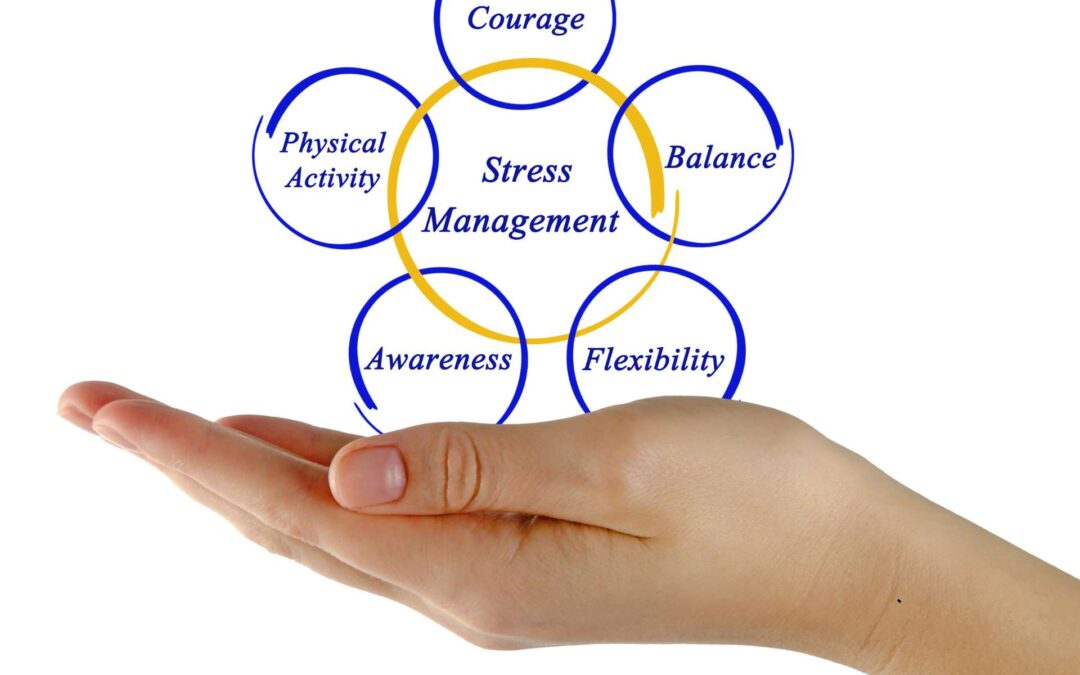In mental health care, medications can play a crucial role in managing symptoms, improving quality of life, and helping individuals regain control over their mental well-being. However, there are times when reducing or discontinuing certain medications becomes necessary to maintain overall health. This process, known as deprescribing, is a carefully planned approach to reducing or stopping medications that may no longer be beneficial or may even cause harm. At New Insights Health & Wellness, we understand the importance of a balanced approach to medication management, and deprescribing is a key component of optimizing treatment for long-term health and well-being.
What is Deprescribing?
Deprescribing is the process of tapering, reducing, or discontinuing medications, particularly those that may no longer be necessary or could be contributing to side effects or other health risks. This approach is especially important for individuals who have been on long-term medications for mental health conditions and are either experiencing side effects or no longer require the same level of intervention.
Deprescribing is not about abruptly stopping medication but rather involves a gradual, well-monitored process under the guidance of a healthcare professional. The goal is to achieve the best possible health outcomes for each individual by reducing unnecessary medication use, minimizing side effects, and maintaining stability in mental health.
Why is Deprescribing Important?
While medications can be highly effective for managing mental health conditions, long-term use of certain drugs can sometimes lead to complications or diminish in effectiveness over time. Deprescribing becomes important for several reasons:
- Minimizing Side Effects:
Some medications, particularly those used for long periods, may cause side effects that interfere with daily functioning or quality of life. Deprescribing helps to reduce these unwanted side effects, which can include weight gain, fatigue, dizziness, or cognitive impairment. - Preventing Drug Interactions:
As individuals age or develop other medical conditions, the risk of drug interactions increases. Multiple medications may interact in ways that reduce their effectiveness or increase the risk of adverse reactions. Deprescribing can help reduce the complexity of a medication regimen, lowering the chances of harmful interactions. - Enhancing Long-Term Health:
Some medications, while effective in the short term, may not be ideal for long-term use due to potential health risks, such as liver damage, kidney issues, or heart complications. Deprescribing focuses on finding the right balance between managing mental health conditions and preserving physical health. - Optimizing Treatment:
As mental health conditions evolve, so too should the treatment approach. Deprescribing allows healthcare providers to reassess the current medication plan and determine whether it is still the best option for the individual. In some cases, therapy or lifestyle changes may replace the need for medication. - Empowering Individuals:
Deprescribing can empower individuals to take an active role in their healthcare. By working closely with their healthcare providers, they can make informed decisions about their treatment plan, including when it might be time to reduce or discontinue certain medications.
How Deprescribing Works
Deprescribing is a careful, individualized process that requires collaboration between the individual, their healthcare provider, and sometimes a pharmacist. Here’s how the deprescribing process typically works:
1. Comprehensive Medication Review
The first step in deprescribing is a thorough review of the individual’s current medications, including those used for mental health and any other medical conditions. This review looks at:
- The duration of use for each medication
- The effectiveness of the medication
- Any side effects or interactions
- The individual’s overall health status
The goal is to determine which medications may no longer be necessary or beneficial and identify potential candidates for deprescribing.
2. Assessment of Mental Health Stability
Before beginning the deprescribing process, it is crucial to assess the individual’s mental health stability. For individuals with conditions such as depression, anxiety, bipolar disorder, or schizophrenia, careful monitoring is essential to ensure that reducing or discontinuing medication does not lead to a relapse or worsening of symptoms.
3. Gradual Reduction
Deprescribing typically involves gradually reducing the dose of a medication rather than stopping it abruptly. This tapering approach helps the body adjust to lower levels of the medication and reduces the risk of withdrawal symptoms or a sudden return of symptoms.
For example, medications like antidepressants, antipsychotics, and benzodiazepines often require a slow, stepwise reduction over several weeks or months to minimize the risk of withdrawal effects or symptom relapse.
4. Ongoing Monitoring and Support
Throughout the deprescribing process, regular check-ins with a healthcare provider are essential. Monitoring allows the provider to assess how well the individual is tolerating the reduction in medication and whether any adjustments need to be made. It also provides an opportunity to address any concerns or symptoms that may arise.
At New Insights Behavioral Health, we provide ongoing support during the deprescribing process, offering therapy and counseling to help individuals manage any emotional or psychological challenges that may come up during this transition.
5. Transition to Alternative Treatments
In some cases, as medications are reduced or discontinued, alternative treatments may be introduced to help manage mental health symptoms. These treatments may include:
- Cognitive-Behavioral Therapy (CBT): A structured form of talk therapy that helps individuals change negative thought patterns and behaviors.
- Mindfulness and Relaxation Techniques: Practices that promote emotional regulation and stress management, reducing the need for medication.
- Lifestyle Modifications: Incorporating exercise, nutrition, sleep hygiene, and social support into daily life can enhance mental health and reduce reliance on medications.
How New Insights Behavioral Health Can Help
At New Insights Behavioral Health, we take a thoughtful and personalized approach to deprescribing. We understand that managing mental health involves finding the right balance between medications, therapy, and other treatments, and we are here to guide you through every step of the process.
- Individualized Care Plans: Every client receives a comprehensive assessment, and our team works closely with you to create a deprescribing plan that prioritizes your mental and physical health.
- Holistic Approach: We provide therapy, counseling, and alternative treatments to support mental health during and after the deprescribing process.
- Close Monitoring: Our team offers ongoing support, with regular check-ins to monitor progress and make any necessary adjustments to the treatment plan.
- Collaboration: We work collaboratively with other healthcare providers to ensure that all aspects of your health are considered, ensuring a safe and effective deprescribing process.
Deprescribing is a valuable part of managing long-term mental health, offering a way to reduce unnecessary medication use and optimize overall well-being. At New Insights Behavioral Health, we believe in a balanced approach to care, and our team is dedicated to helping clients navigate the deprescribing process with confidence and support. If you are interested in learning more about how deprescribing could benefit your health, contact us today to schedule a consultation.






